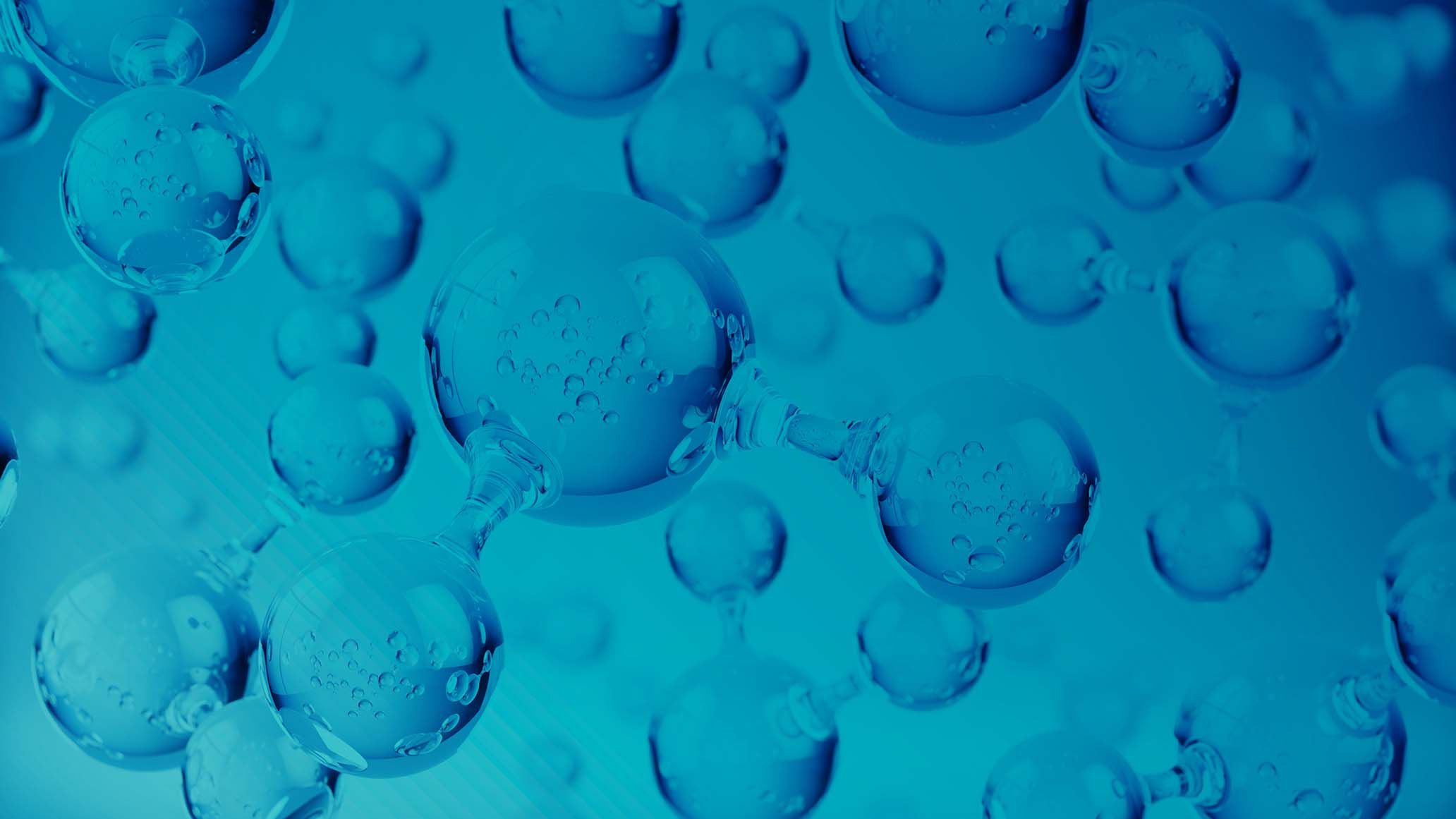Researchers make a breakthrough with a solid electrolyte which can be used for hydrogen-based batteries and fuel cells
)
The team of Japanese researchers based at RIKEN Cluster for Pioneering Research in Japan, recently announced their newest development, a solid electrolyte which will bring many benefits to hydrogen-based batteries and fuel cells.
The team started with lanthanum hydrides at room temperature, which was quickly proven as a substance that would never be able to achieve ‘efficient conduction’. They chose to experiment with the components and after switching lanthanum with strontium, plus adding some oxygen, they achieved their desired result.
The process to reaching this goal involved conducting hydride ions at a high rate in the normal substance, then repeating this test but with the new substance as a solid-state fuel cell made up of the new material and titanium with various amounts of strontium and oxygen. After lots of testing the researchers found that the solid-state fuel cell had a 100% conversion rate of titanium to titanium hydride. This is an excellent result as it means that there is now a more efficient fuel cell, but also that this fuel cell prevents a lot of hydride ions being wasted. All of these factors and advantages put together mean that the solid electrolyte has the potential to improve hydrogen-based batteries and fuel cells through features such as better safety, efficiency and energy density.
This breakthrough is a significant improvement, as the new design bypasses current hydrogen fuel cells need for water, which normally adds a complex and costly step into the process. Hydrogen fuel cells enable hydrogen to pass through a polymer membrane from one side to another, however due to the need for water, RIKEN commented, that this system “limits the practicality of a next-generation hydrogen-based energy economy.” Therefore, this research proves that the use of a solid electrolyte is a better and more efficient solution, which also brings lots of benefits, including the ability to transport hydride ions at room temperature.
Lead Researcher, Genki Kobayashi, said the group had “achieved a true milestone.”
The researchers have stated that they will be continuing work on this project and will now be focusing on developing and improving its performance, whilst also looking into the creation of electrode materials which are able to reversibly absorb and release hydrogen.



)
)
)
)
)
)
)
)


)
)
)
)
)
)
)
)
)
)
)

)
)
)
)
)
)
)
)
)

)
)
)
)
)
)
)

)
)
)
)
)

)
)

)
)
)
)
)
)
)
)

)
)
)
)
)
)
)

)
)

)
)
)
)
)
)
)
)


)
)

